Because of how different food regulations can be between the United States and Europe, there are many surprising food bans across the Atlantic. While Americans are more than comfortable eating certain foods every day, European countries may prohibit the same ones altogether. This is largely because they have stricter standards when it comes to additives, farming practices, and ingredients.
Let’s take a look at some of the most controversial foods that Americans eat but can’t be sold across many countries in Europe.
Hormone-Treated Beef
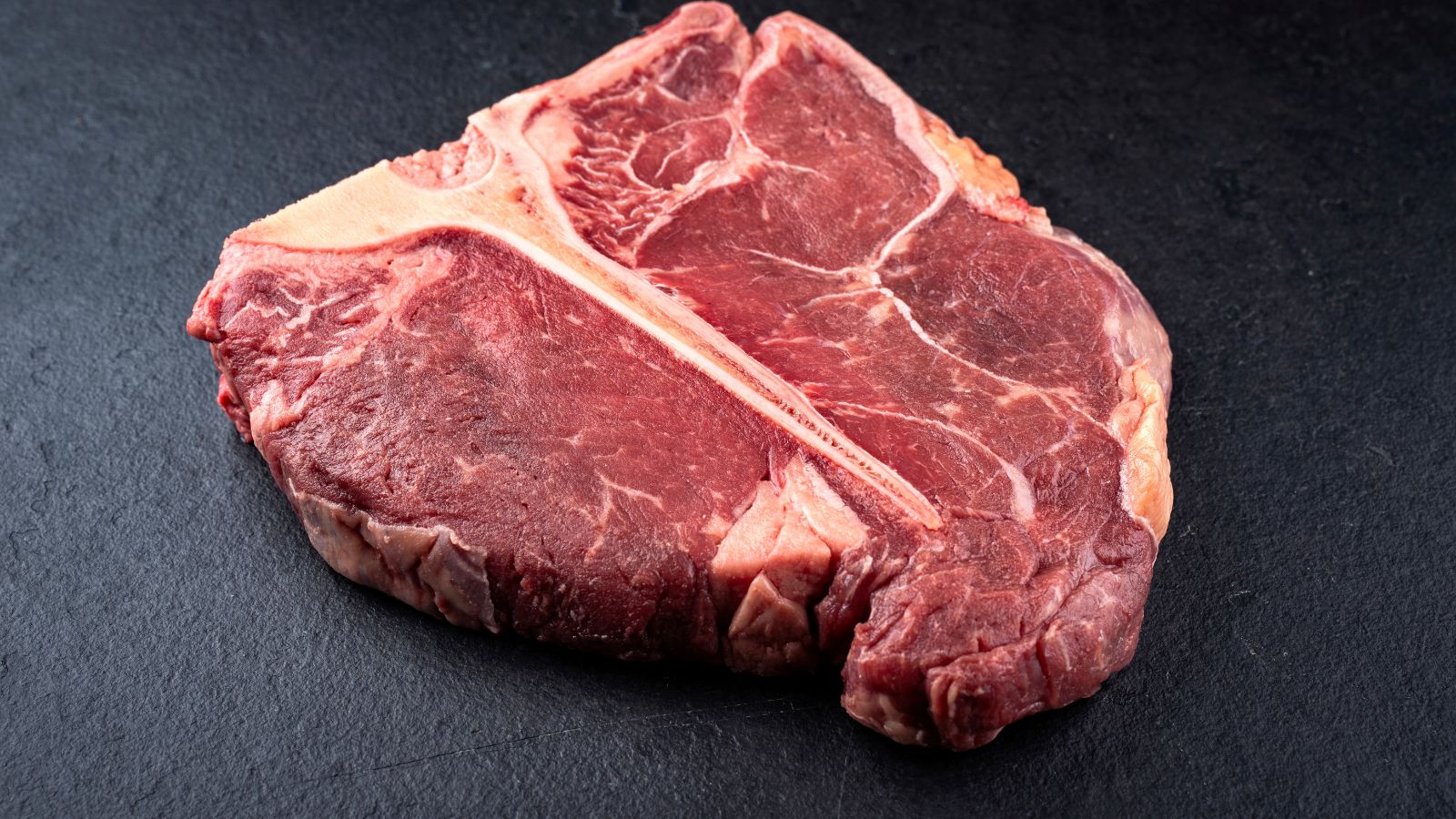
It goes without saying that beef is eaten all over the world, including in Europe. However, while beef treated with growth hormones that speed up production is common in the U.S., it’s strictly banned in the European Union. The main reason for this is their concern about potential health risks, like the increased risk of cancer.
Chlorinated Chicken

In the U.S., it’s pretty common practice to wash chicken in chlorine to kill any bacteria, but you may be surprised to learn that this process is banned in much of Europe. EU regulators argue that this is an example of prioritizing shortcuts in food safety over important hygiene standards.
Genetically Modified Foods (GMOs)
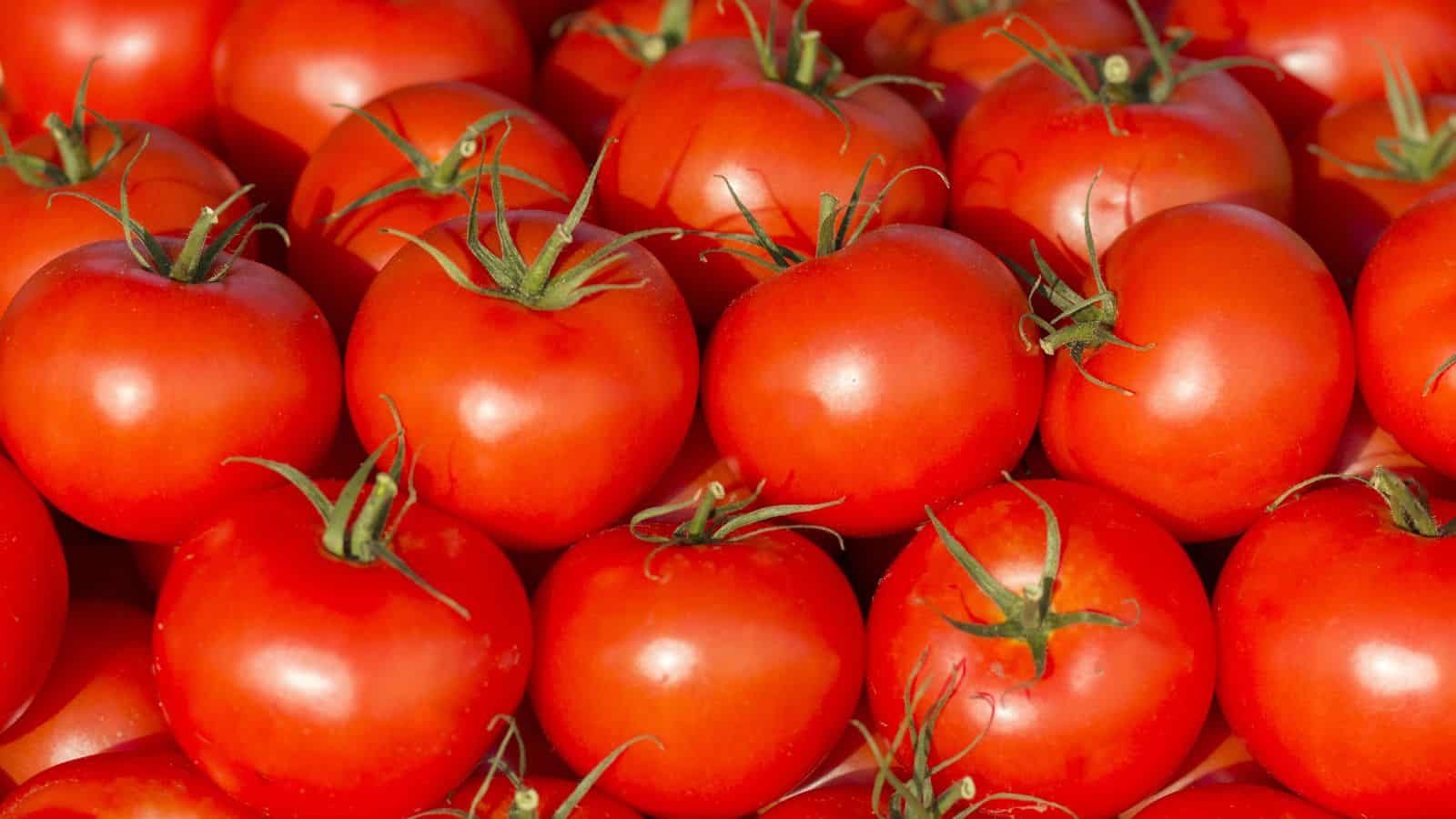
Now we’re not saying that all GMOs are completely banned in European countries. However, while they’re widely used in the U.S. to enhance crop yields and pest resistance, a lot of European countries have banned or heavily restricted many of these foods.
There are several concerns over the long-term environmental and health impacts, which is why products like American corn are staying off European shelves.
Artificial Food Dyes
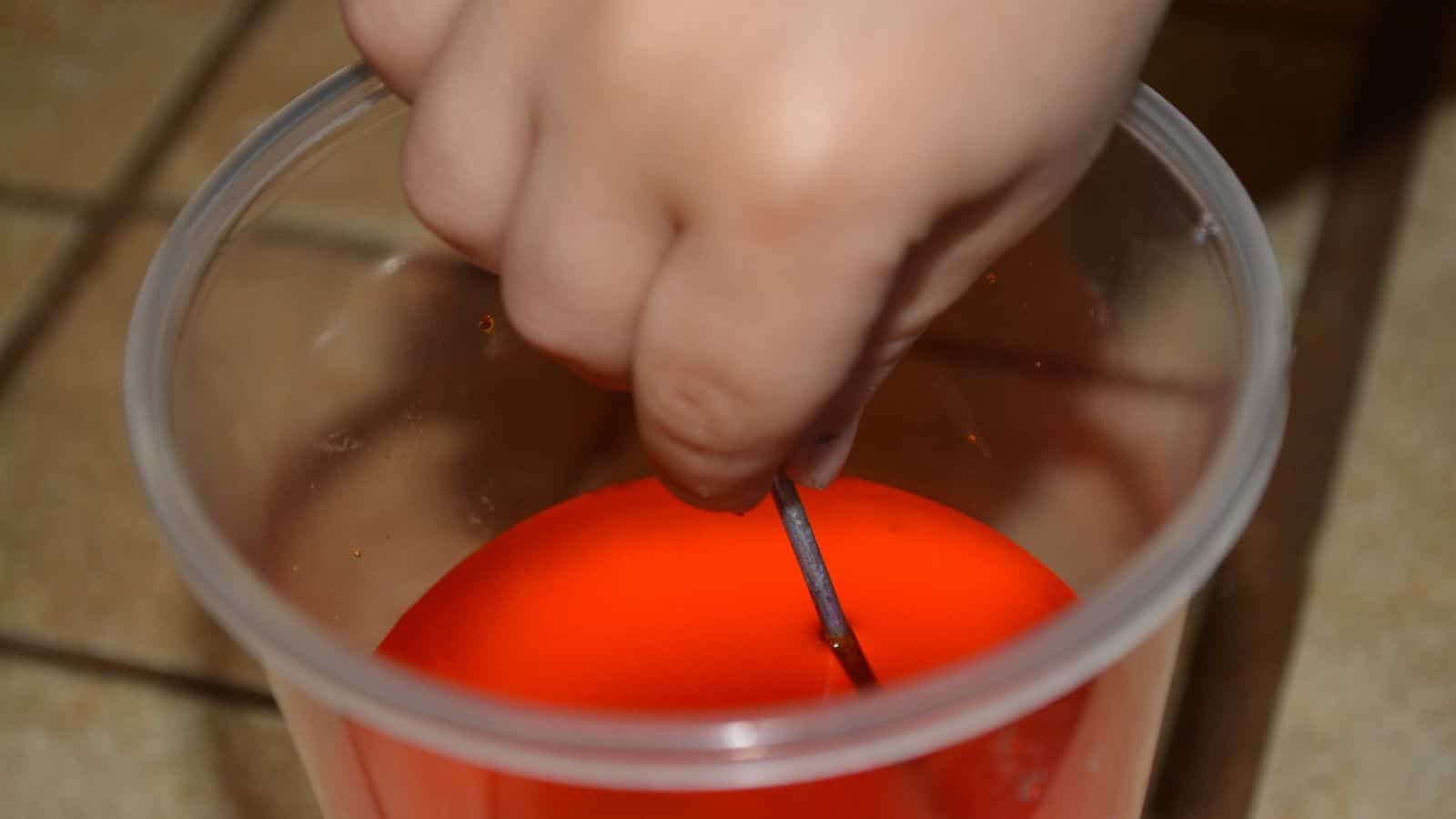
You may think that a little food coloring couldn’t cause much harm. But in reality, food dyes like Red 40, Yellow 5, and Yellow 6, commonly found in American snacks and drinks are banned or require warning labels in Europe due to potential links to hyperactivity in children and other health concerns.
Brominated Vegetable Oil (BVO)
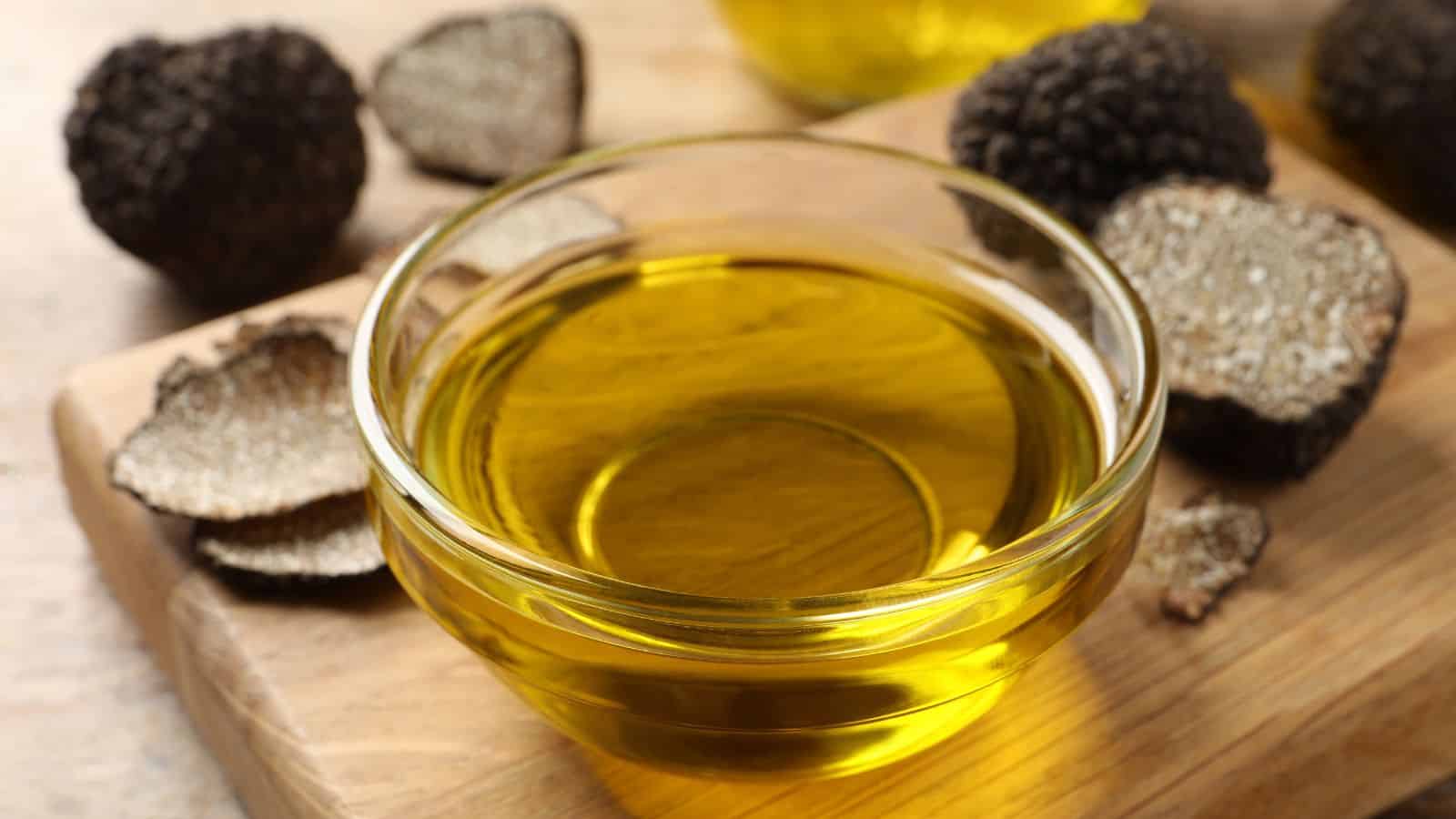
If you’ve never heard of BVO, it’s a type of vegetable oil often used in citrus-flavored sodas to stabilize ingredients. A lot of European countries have made the decision to ban this controversial ingredient because of its associated health risks. Studies have linked BVO to thyroid and reproductive problems, among other issues.
rBGH-Treated Dairy Products

It’s pretty standard practice to use recombinant bovine growth hormone (rBGH) in the U.S. to boost milk production in cows. However, concerns about its potential effects on human health and animal welfare have led the EU to adopt far standards. Instead, they typically prefer hormone-free dairy farming.
Potassium Bromate in Bread

You may never even have heard of this ingredient lurking in many U.S. breads and baked goods. But potassium bromate, a chemical used to improve dough strength and elasticity, is banned in many parts of Europe after being linked to potential cancer risks.
Farm-Raised Salmon
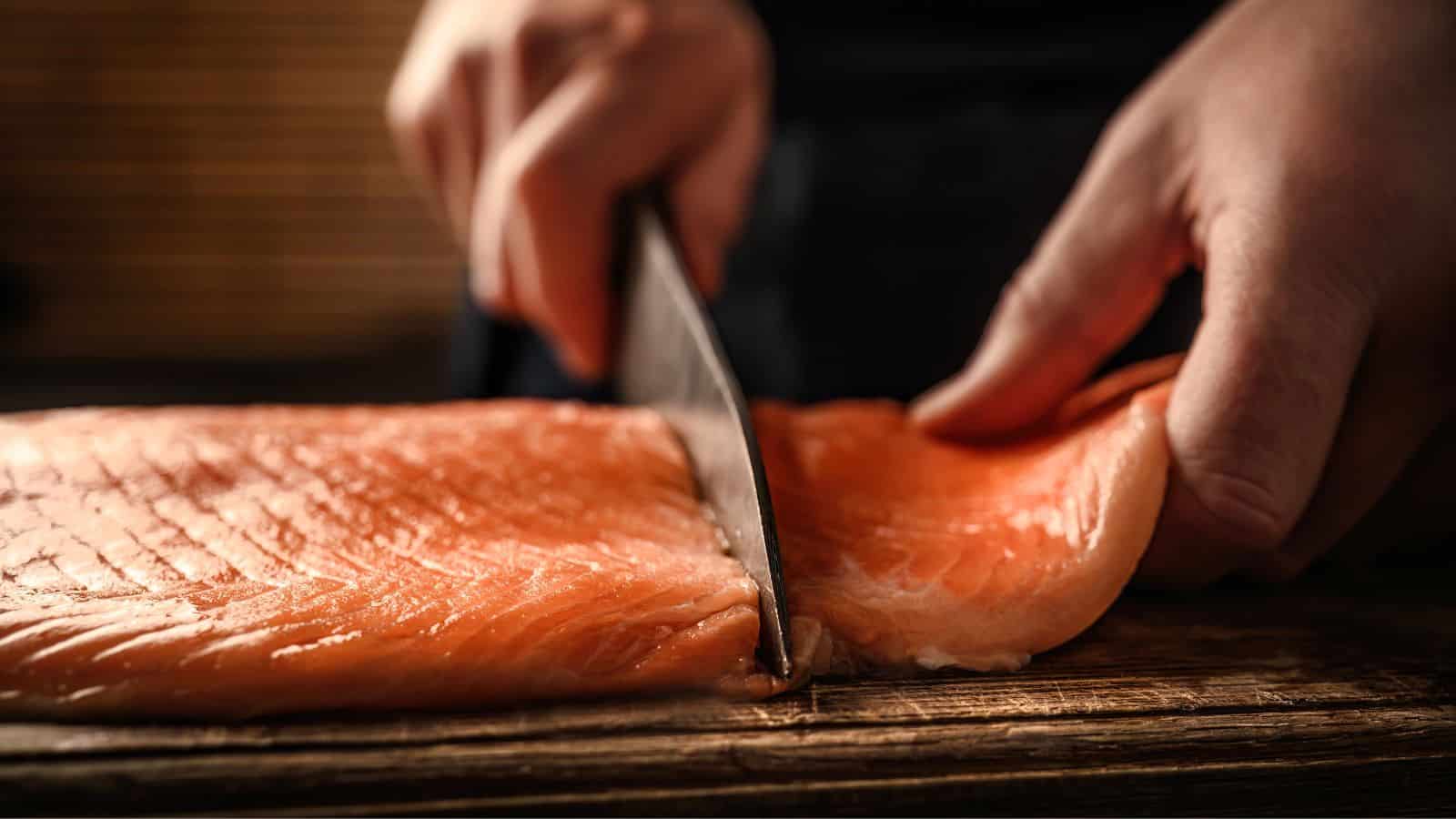
Salmon is a popular choice among health-conscious Americans thanks to its high protein and omega-3 content. Sadly, farmed salmon in the U.S. is often raised on a diet that includes artificial coloring and genetically modified feed, which are practices that aren’t allowed in Europe.
Ractopamine-Treated Pork

Ractopamine is a feed additive used to promote leaner pork, and it’s commonly used throughout the U.S. However, the EU has taken a firm stance against the additive because of concerns about its effects on animal welfare and human health.
Azodicarbonamide in Bread

You may have heard of azodicarbonamide referred to as the “yoga mat chemical” because of its dual use in plastics. But while it’s often used in the U.S. to improve dough texture, azodicarbonamide much of Europe has decided to ban it as an additive, citing health risks and better alternatives.
Synthetic Growth Hormones in Poultry
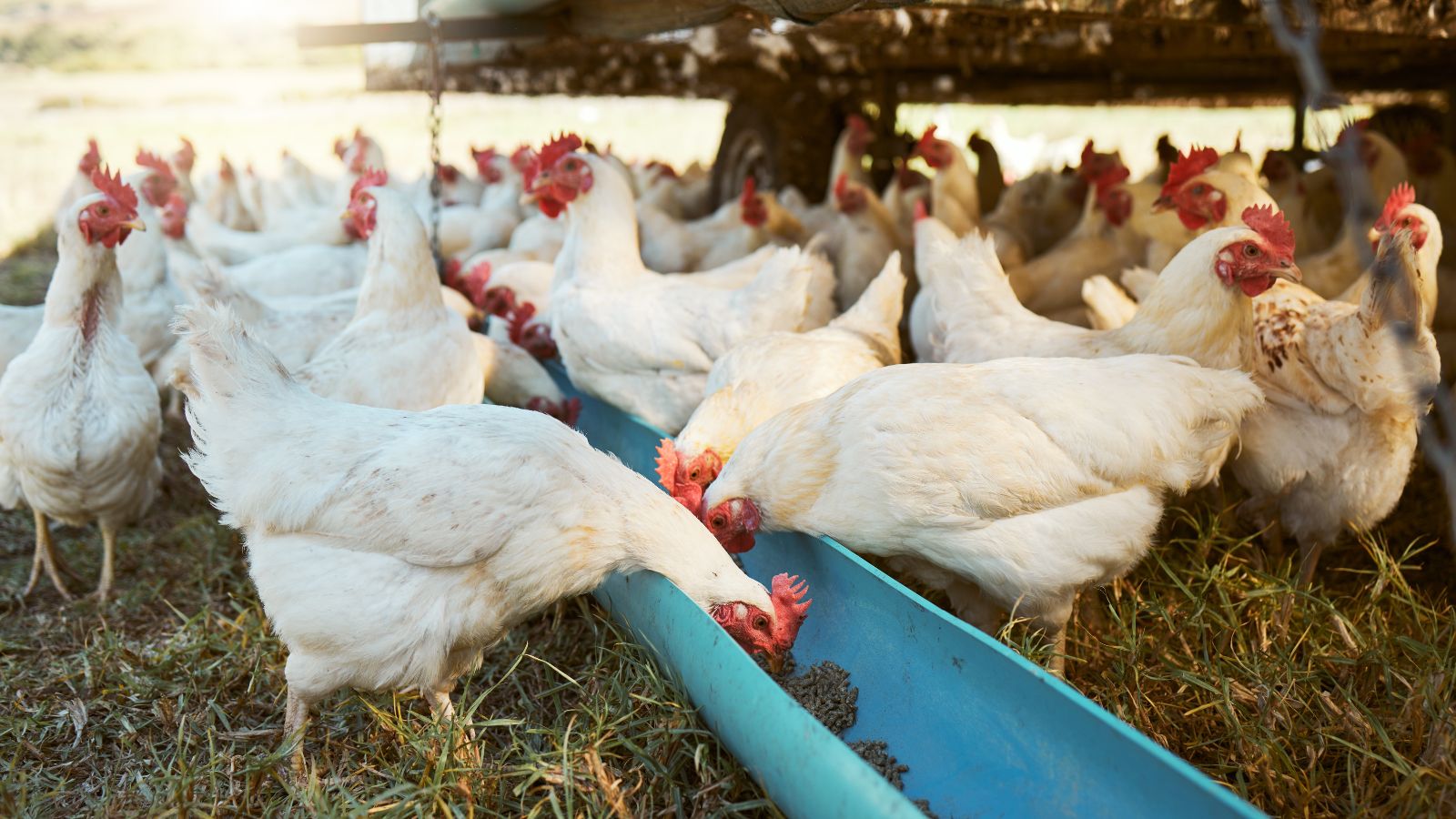
Did you know that growth hormones are banned in all poultry within the EU? And yet while this decision was made decades ago, they’re still used in some U.S. poultry farming practices. Europeans have adopted more natural farming techniques that help ensure better animal welfare and higher-quality chicken products.
Banned Preservatives in Processed Foods
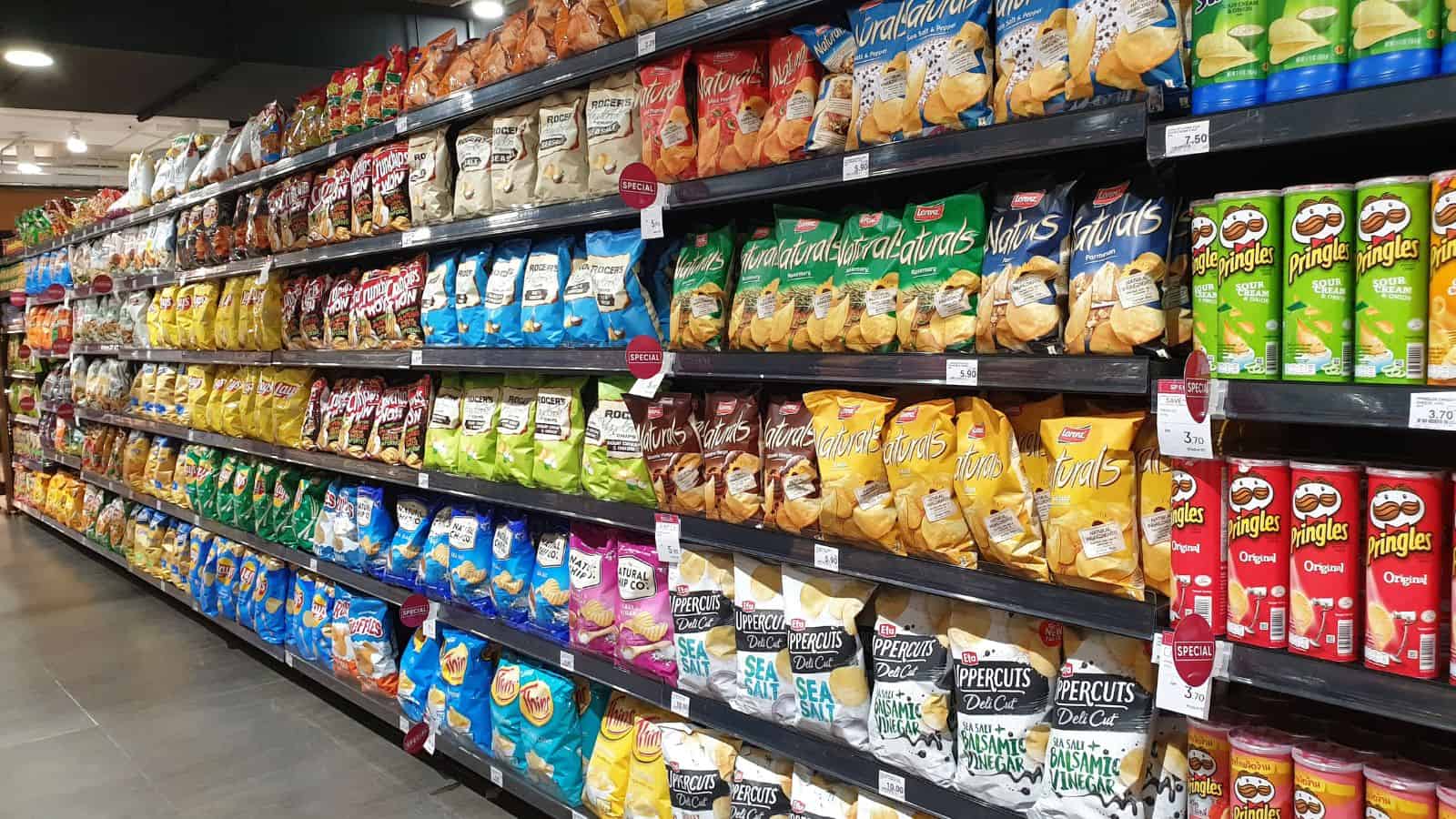
It’s hard to pay attention to all the different preservatives they sneak into foods today, but ones like BHA and BHT, commonly found in U.S. cereals, chips, and snacks, are restricted in Europe. The concerning reason for this restriction? Potential links to cancer and several other health issues.
Flavored Yogurts with Artificial Sweeteners
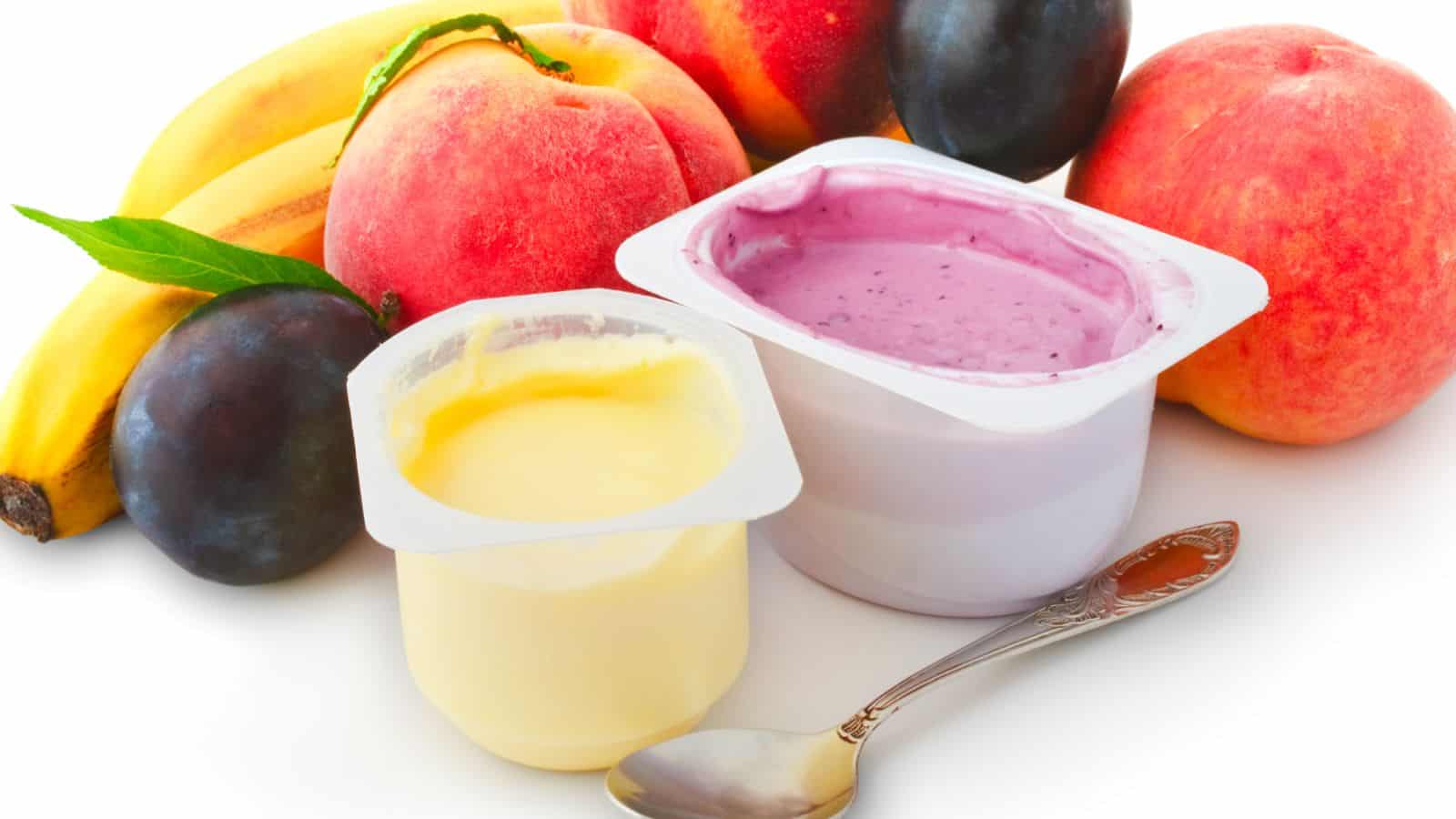
Many people think of yogurt as a pretty healthy food, but that can all change when sweeteners are involved. In Europe, artificial sweeteners like aspartame are heavily regulated or avoided altogether in flavored yogurts. In the U.S., however, these sweeteners are commonly used to cut calories.
Energy Drinks with Excessive Caffeine
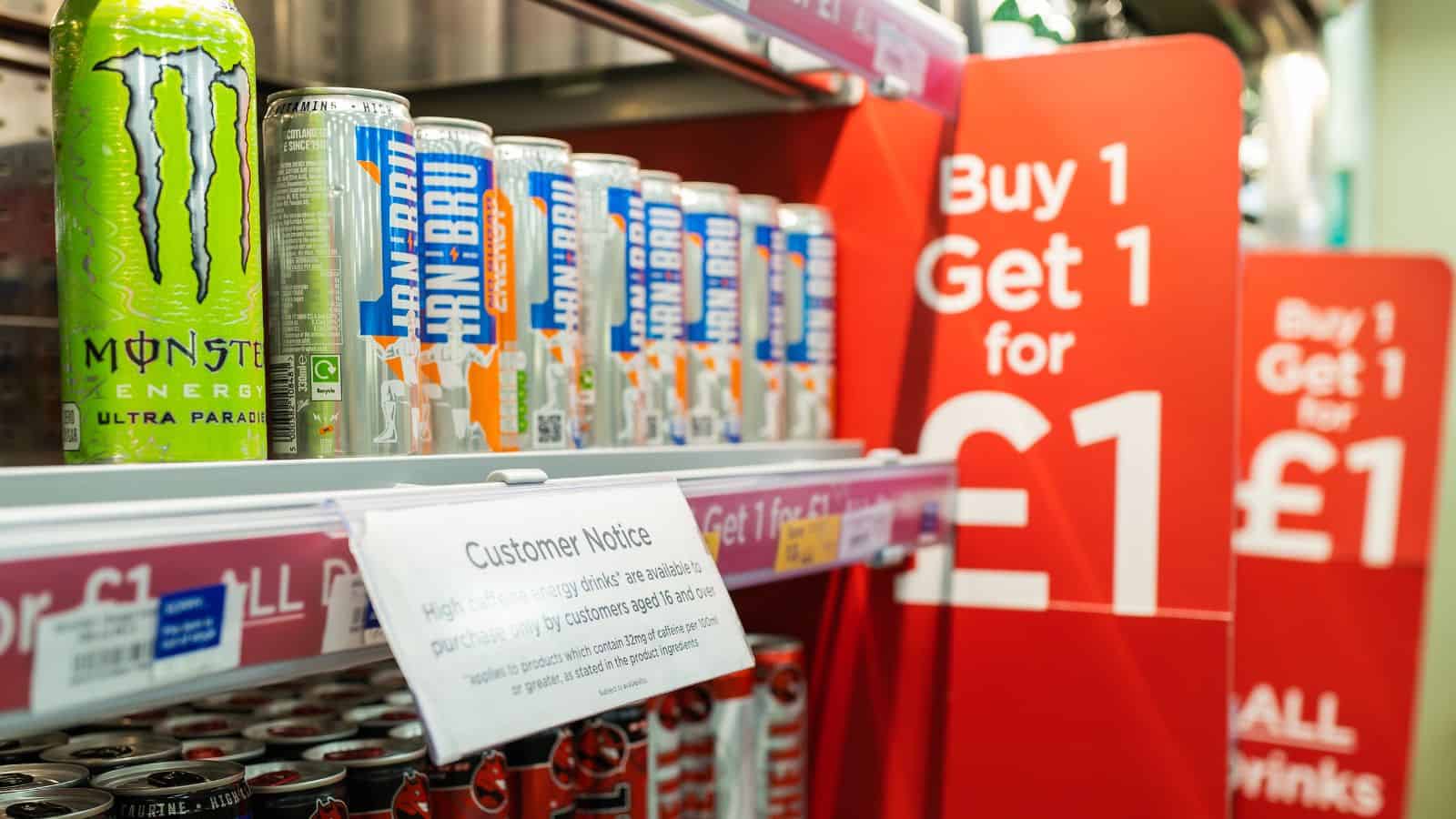
If there’s one thing we know about Americans, it’s that we love our caffeine. This might be one of the reasons energy drinks in the U.S. often contain higher caffeine levels than our European counterparts, but it’s also because in many European countries, caffeine content is capped.
Some drinks with high levels much even display warning labels so customers can make a more educated choice.
Bleached Flour

Some people don’t even know that many types of flour are bleached in the U.S. to give baked goods a bright, white finish. But the chemicals used in this process, like chlorine dioxide, are actually banned in Europe, as they’re considered unnecessary and potentially unsafe.
Processed Meats with Nitrates
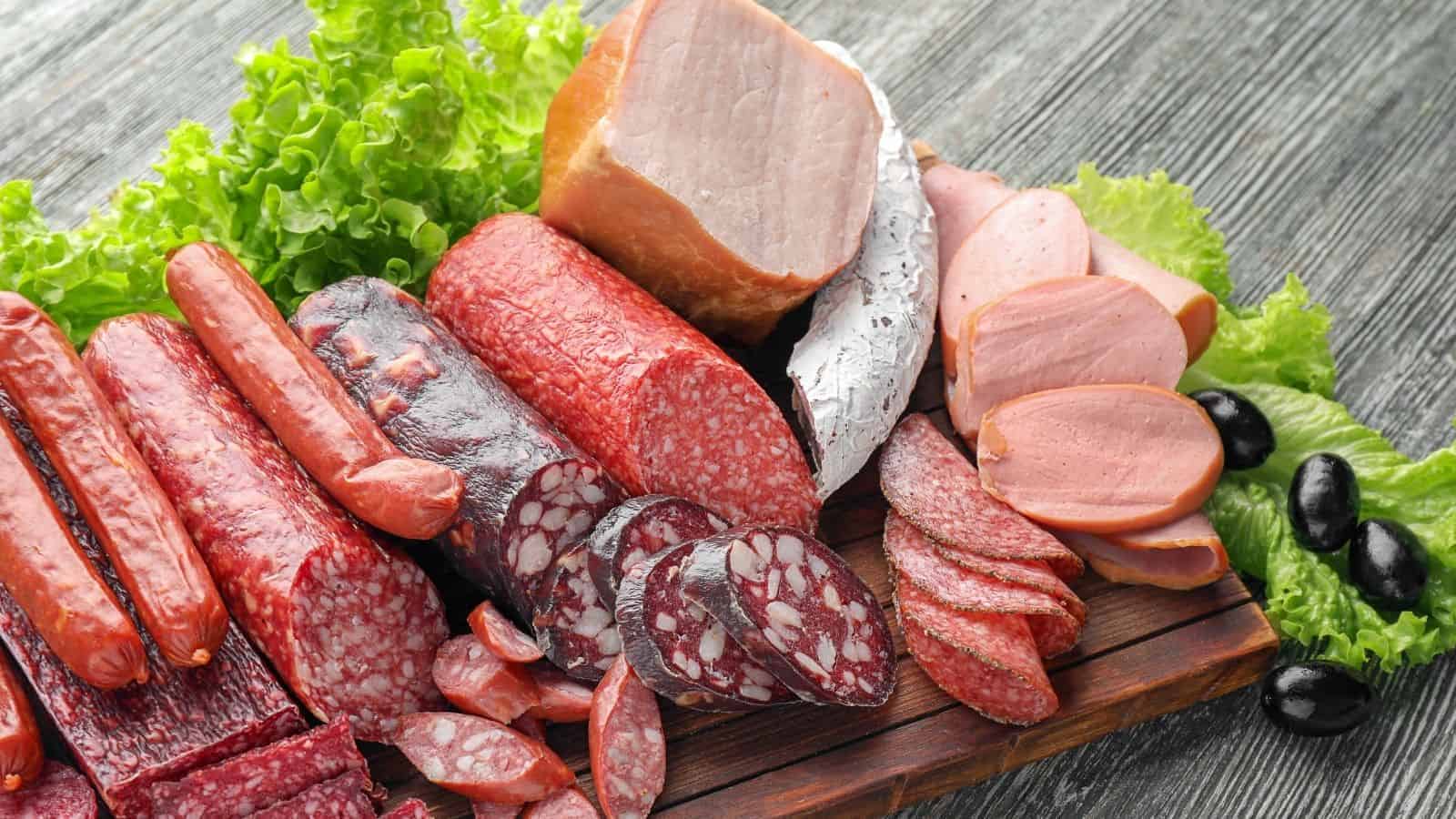
A lot of processed meats in the U.S., like hot dogs and bacon, often contain nitrates or nitrites that help preserve their color and flavor. However, Europe has stricter limits on these chemicals because of their concerns about links to cancer. This is why European producers typically use natural curing methods whenever possible.
High-Fructose Corn Syrup

Most Americans have heard of this controversial corn syrup, but did you know that it’s widely restricted in many European countries? Health concerns surrounding obesity and diabetes have led Europe to go for alternatives like cane sugar or natural sweeteners instead.
Artificial Vanilla Flavoring
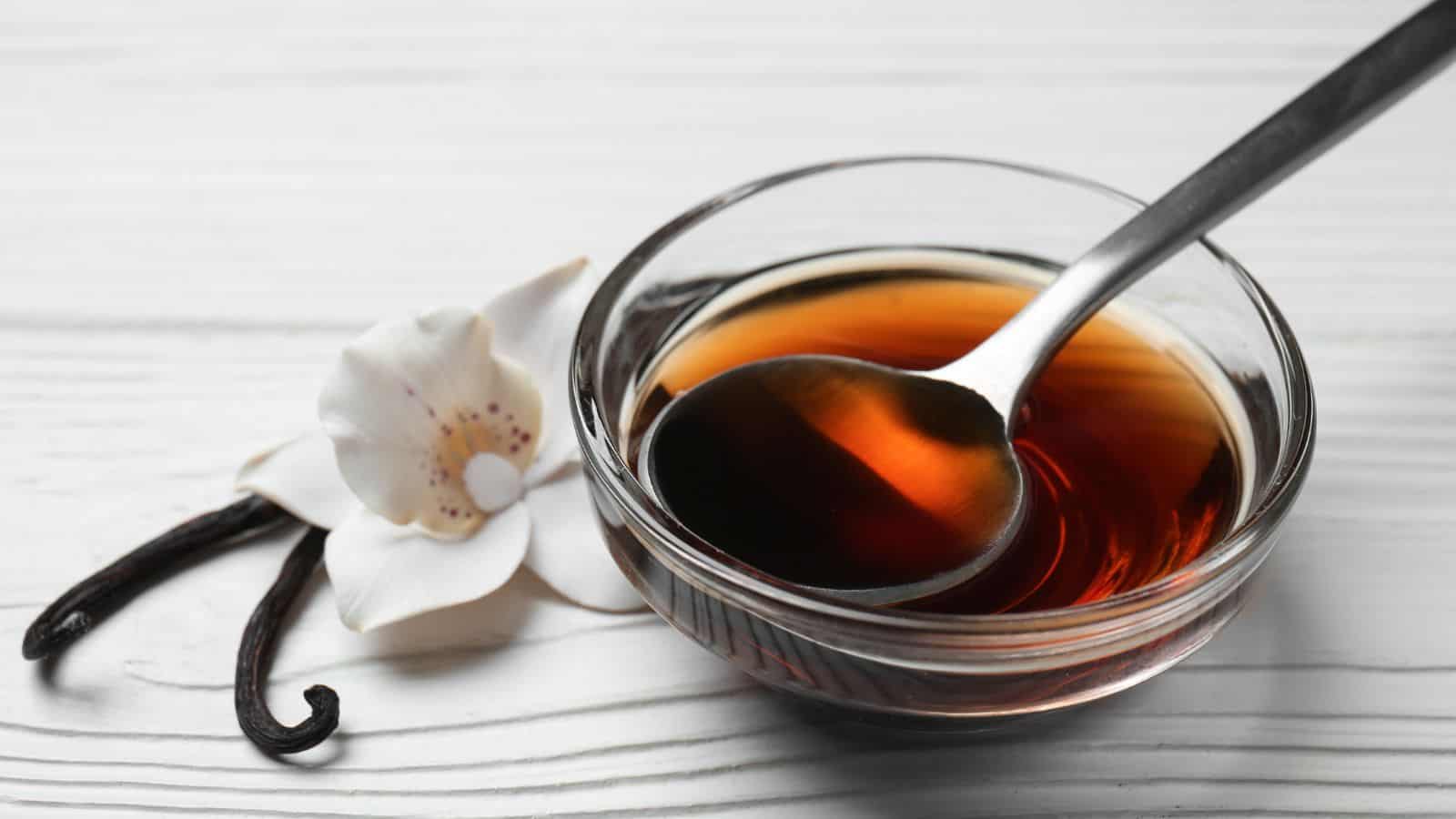
Yet another sweet flavoring that the U.S. and Europe just can’t agree on is imitation vanilla flavoring. This flavoring may be tasty, but it’s made from synthetic chemicals that aren’t exactly the healthiest option. Europe tends to prioritize real vanilla or natural flavoring alternatives for a purer and healthier result.
